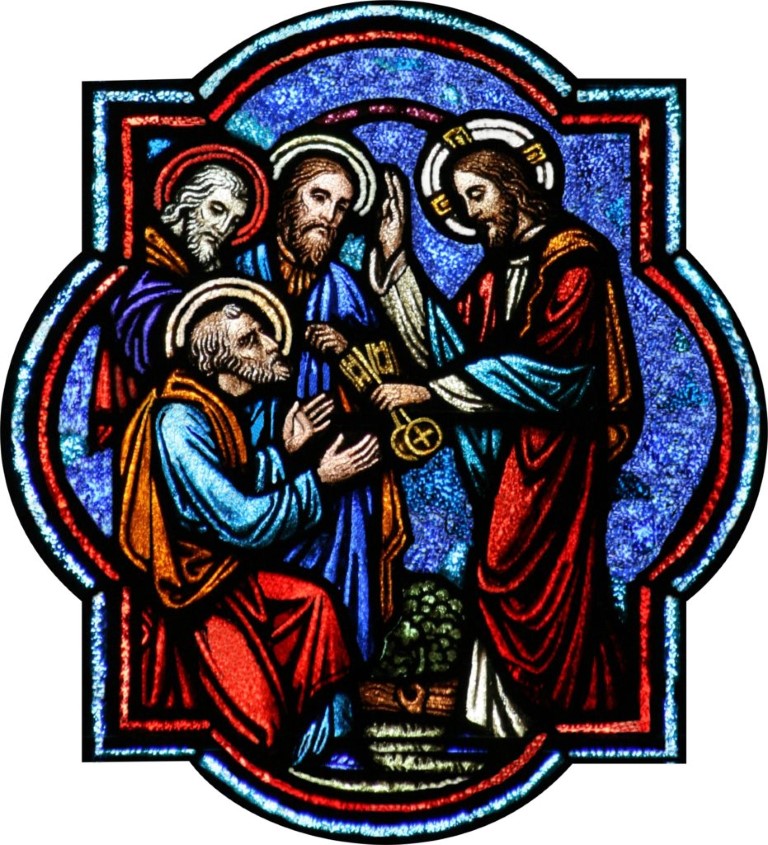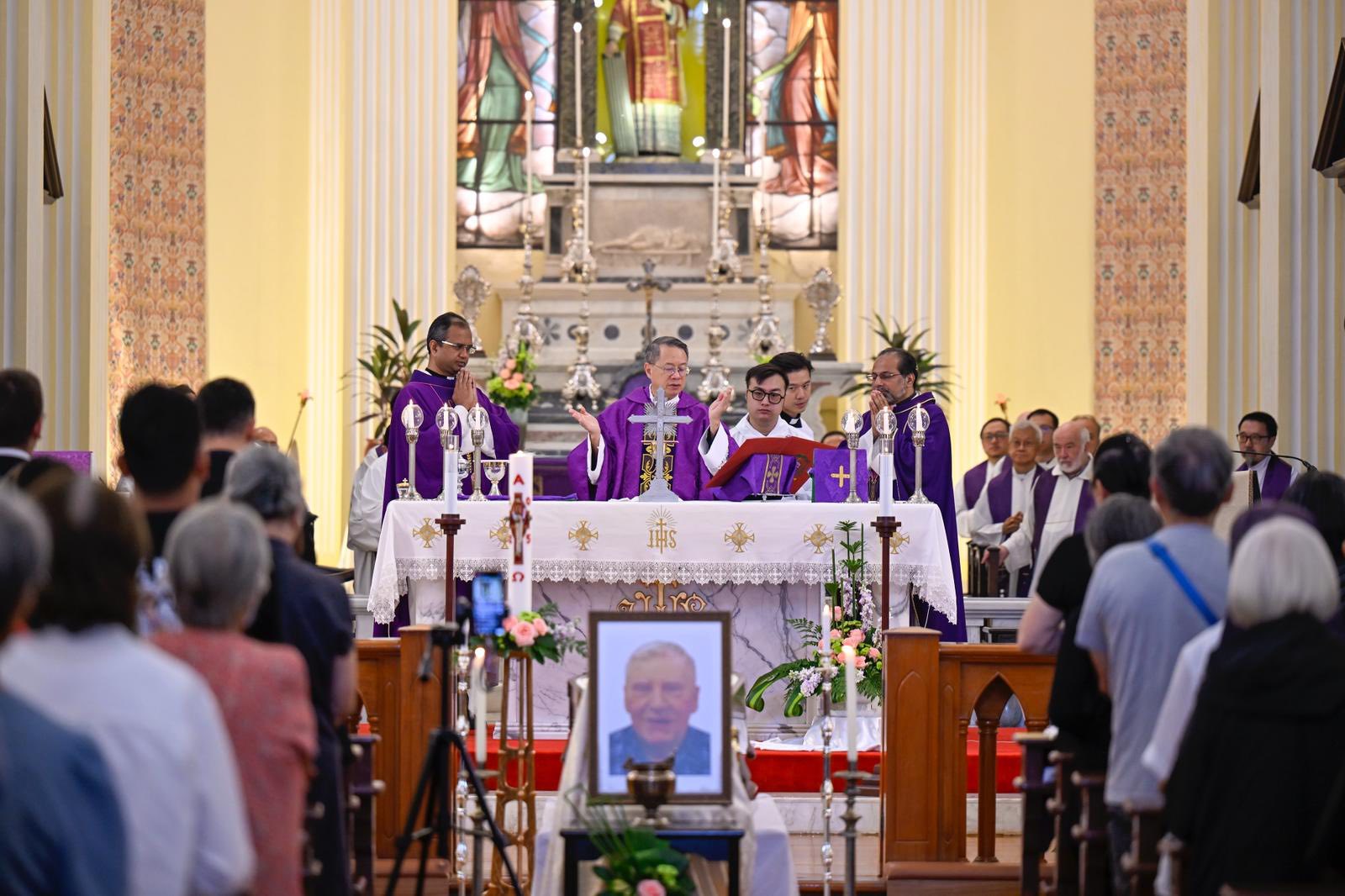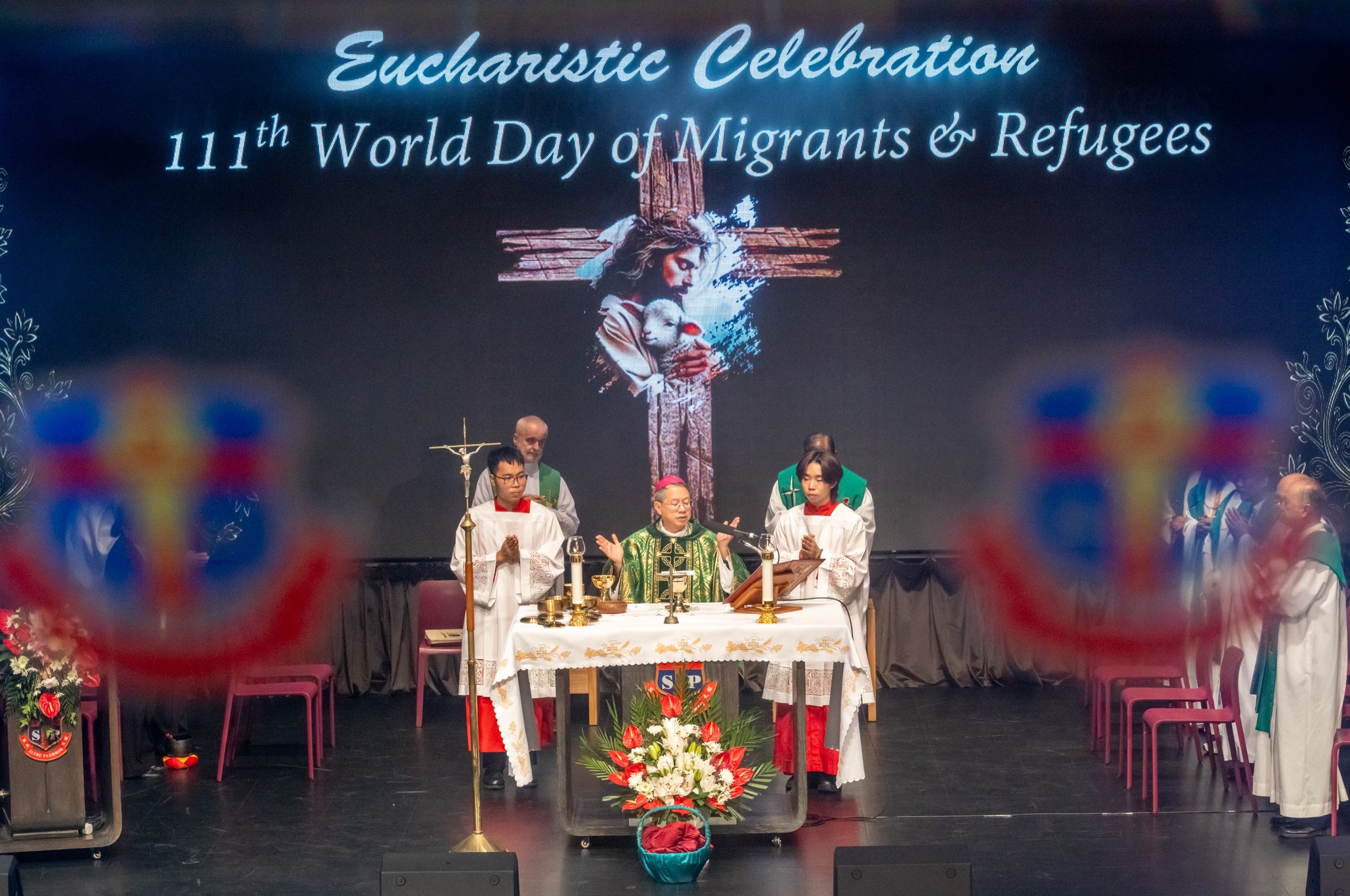– Corrado Gnerre
I want to ask you why the Catholic church is defined as “Roman” and why it is less remembered nowadays.
Dear …, the Catechism of Saint Pius X says (verbatim): “The true Church is also called ‘Roman’ because the four characters of unity, holiness, catholicity and apostolicity are found only in the Church which recognizes the Bishop of Rome, the successor of Saint Peter.” This is certainly the first reason, but there is also a second (not secondary) reason for the “Romanity” of the Church. They can be reduced to two: the universalistic essence of Catholicism and the historical vocation of Catholicism.
Regarding the first reason, it must be said that in the Gospels no mention is made of a possible command by Jesus that the center of Christianity should be Rome. But we know that not everything that Jesus said and did is written in the Gospels. Therefore, it cannot be excluded (note: it is a hypothesis and nothing more) that Jesus himself gave the Apostles (especially Peter, the head) the mandate to make Rome the “center” of His Church. For what reason? If Christianity had “stayed” in Jerusalem, there would have been a risk of confusing it with Judaism. The Catholic Church, in fact, presents itself as the “New Israel,” which “replaces” the “Old Israel.” In this regard, it would suffice to read the parable of the murderous vintners (Matthew 21:33-45).
Therefore, dear …, Rome has represented in that historical moment the universal and supranational “place” par excellence. The Church is one and is beyond national borders. She does not reject affections for your homeland (far from it) but goes further. Saint Paul clearly says: “There is no longer a Jew or a Greek …” (Galatians 3:27).
This, dear …, is one of the reasons why the official language of the Church is and will remain Latin, precisely because it was the language that evangelization used in a perspective of universalization and therefore of distancing itself from Jewish particularism.
We come now to the second important reason: the historical vocation of Catholicism. It must be said that Christianity has a privileged relationship with history that no other religion has. It is a question of taking history into consideration, not in the sense of letting it be judged by it, but of finding in history the “place” of the Revelation of Truth. More simply, we can say that for Christianity Truth does not identify with history, but manifests itself freely (not necessarily) in the history of man and is revealed as “fact.”
Let’s take into consideration the mystery of the Incarnation or the mystery of God who truly becomes man and enters equally, truly, into the history of man. Well, dear …, this explains how much the place, the context and the individual events that led to the Redemption make sense. It is no coincidence that the Incarnation took place in Palestine and within the Jewish context; as it is no coincidence that God wanted to elect a people (the Jews) so that these people could bring salvation to all the peoples of the earth (which really happened because the Apostles are the “rest of Israel”; so it is no coincidence that the Primacy belongs to the Bishop of Rome.
Dear …, many theologians are willing to gliss about the “Romanity” of the Church, assuming possible and daring rethinking of the Petrine primacy. Not realizing, however, that in doing so they not only deny the historical dimension of Catholicism itself, but also its constitutive and indisputable filiation from the undeniable Jewish election. Which – obviously – these same theologians would never be willing to deny. We repeat it: if it is possible to neglect the “Romanity” of the Church, why not also neglect its derivation from the great Jewish heritage?
However, an objection could be made: it is never possible that for God, Lord of the whole universe, it could be so important that His Church also has “Romanity” as its constituent element that refers to a cultural and geographically circumscribed dimension? The answer is simpler than you can imagine. God not only loves singularity but manages to make His “universe” distinct. In short, he wants the History of Salvation to be realized also in the hidden detail. Who two thousand years ago could have imagined that the salvation of the whole universe was taking place not in a big city, but in a humble house in Nazareth? Thanks to the one who knows about the important historical figure. Dear …, when we go to venerate in that little house in Loreto, we must think: here, in this very modest house, between these simple four walls, the possibility of salvation for every man has been realized! The event that happened here, the “fiat” of that humble Maiden, as well as the important occurrence that took place there and not anywhere else can no longer be forgotten. It will remain indelibly in the history of the whole universe. In the same way, the centrality of Rome in the Church of Christ will remain indelibly in the history of the entire universe.
(From La buona battaglia. Apologetica cattolica in domande e risposte, 2019©Chorabooks. Translated by Aurelio Porfiri. Used with permission of the publisher. All rights reserved)


 Follow
Follow


